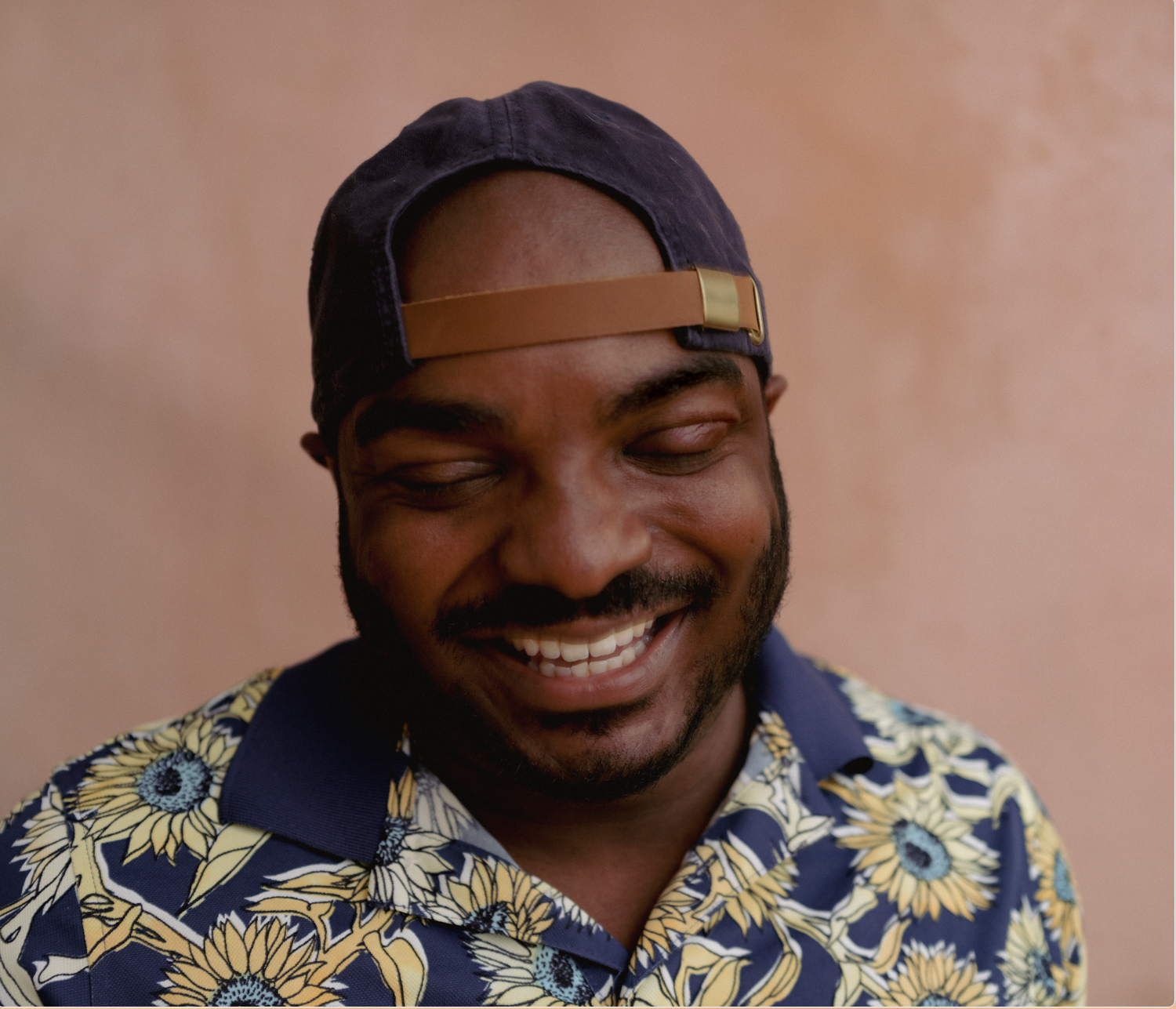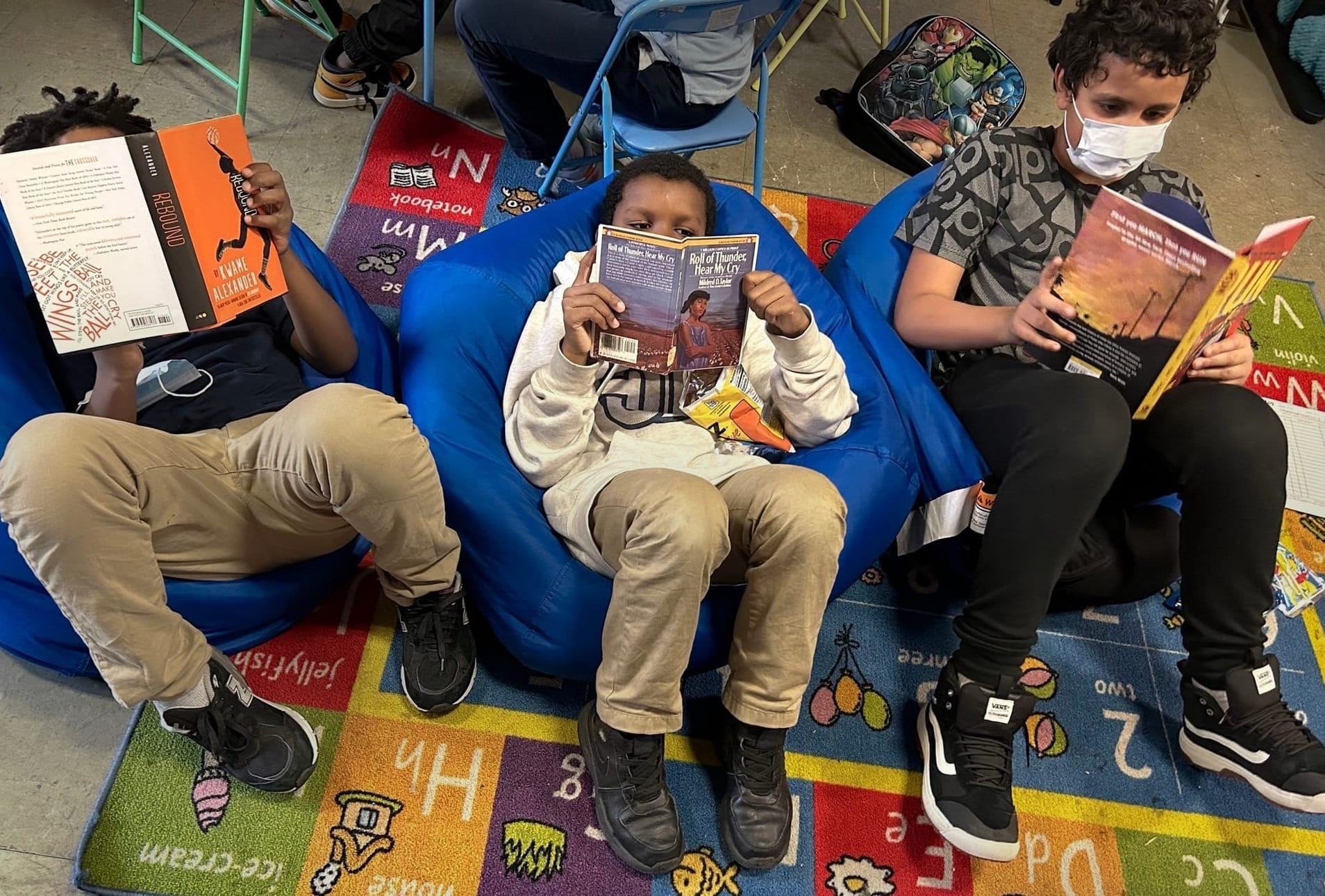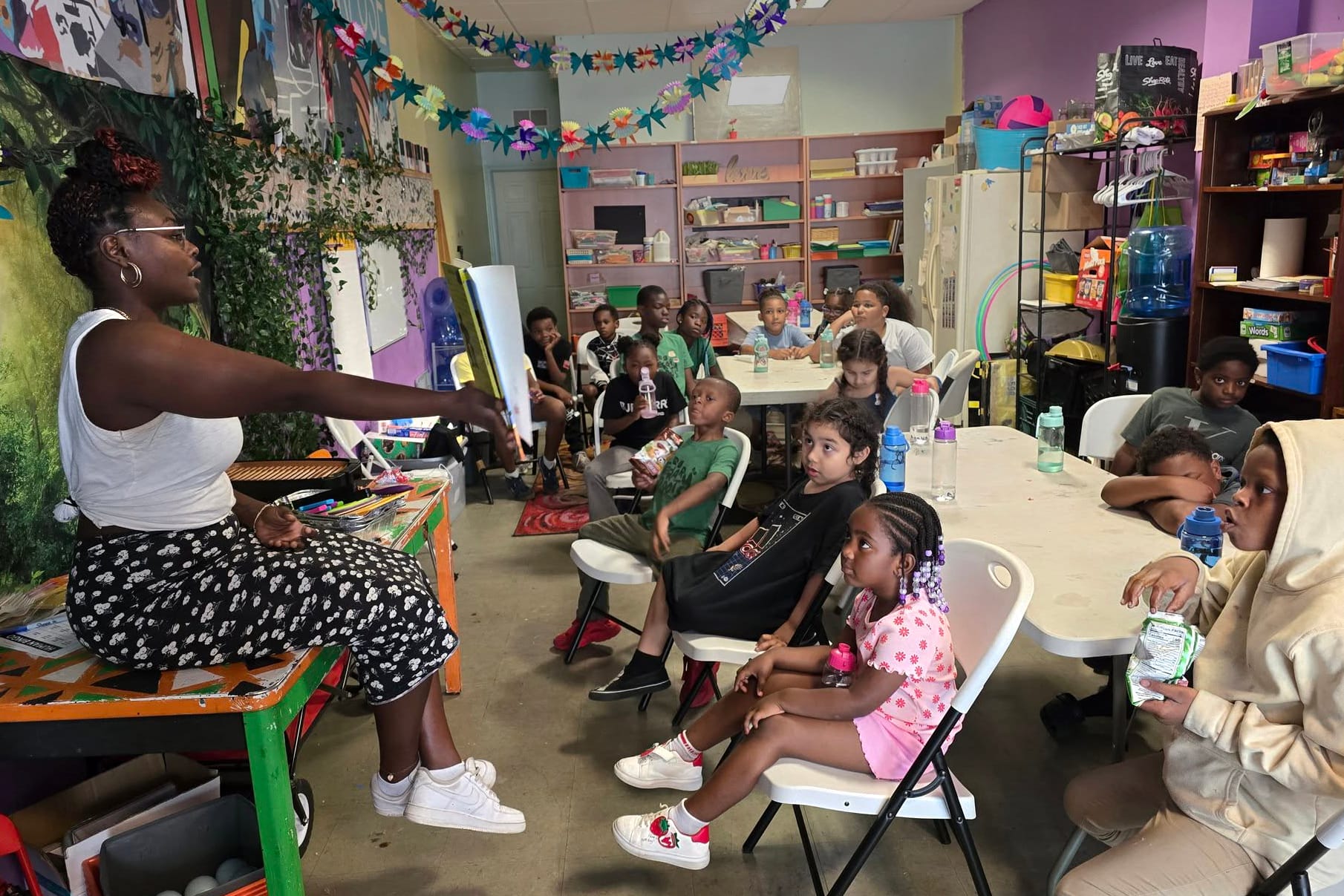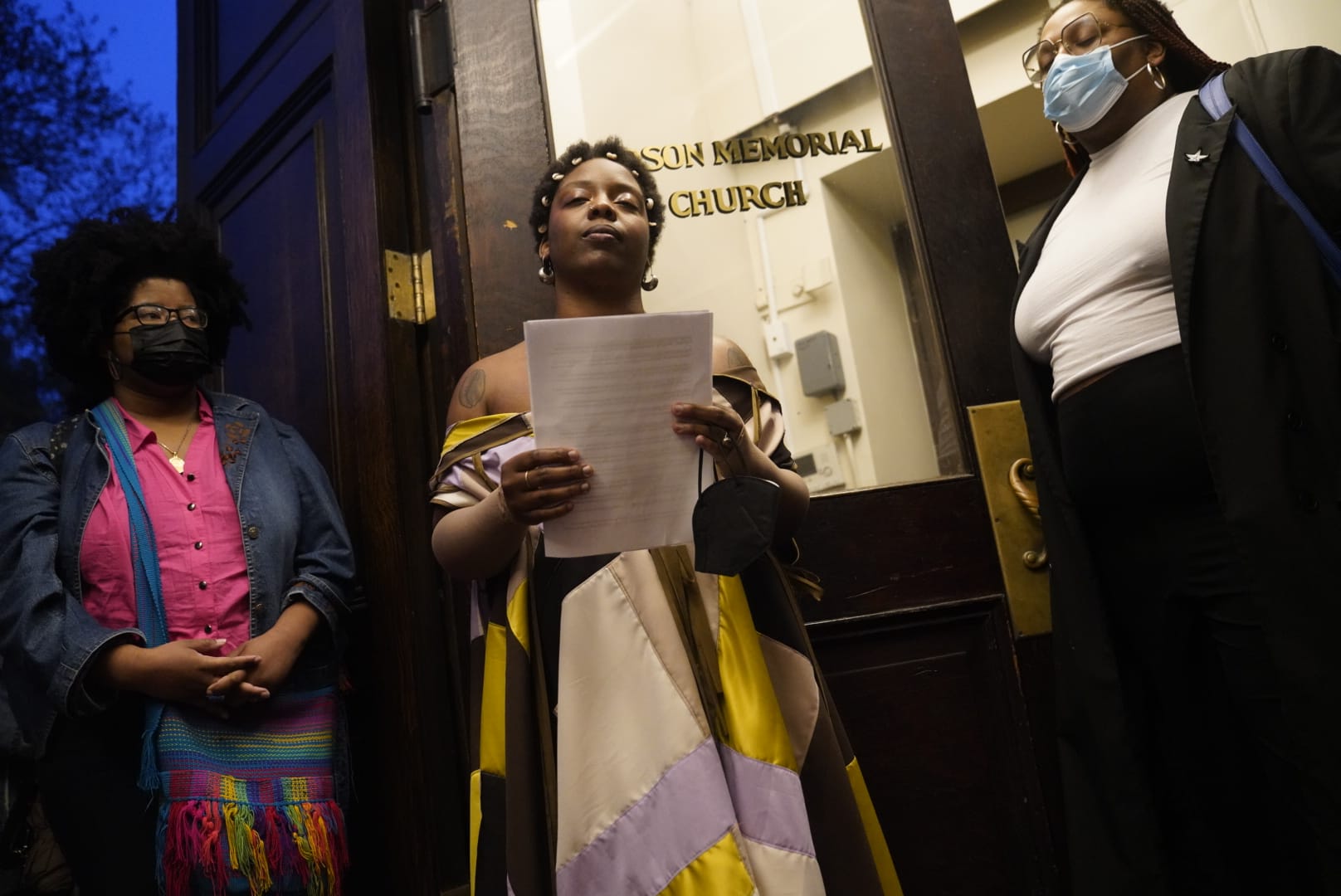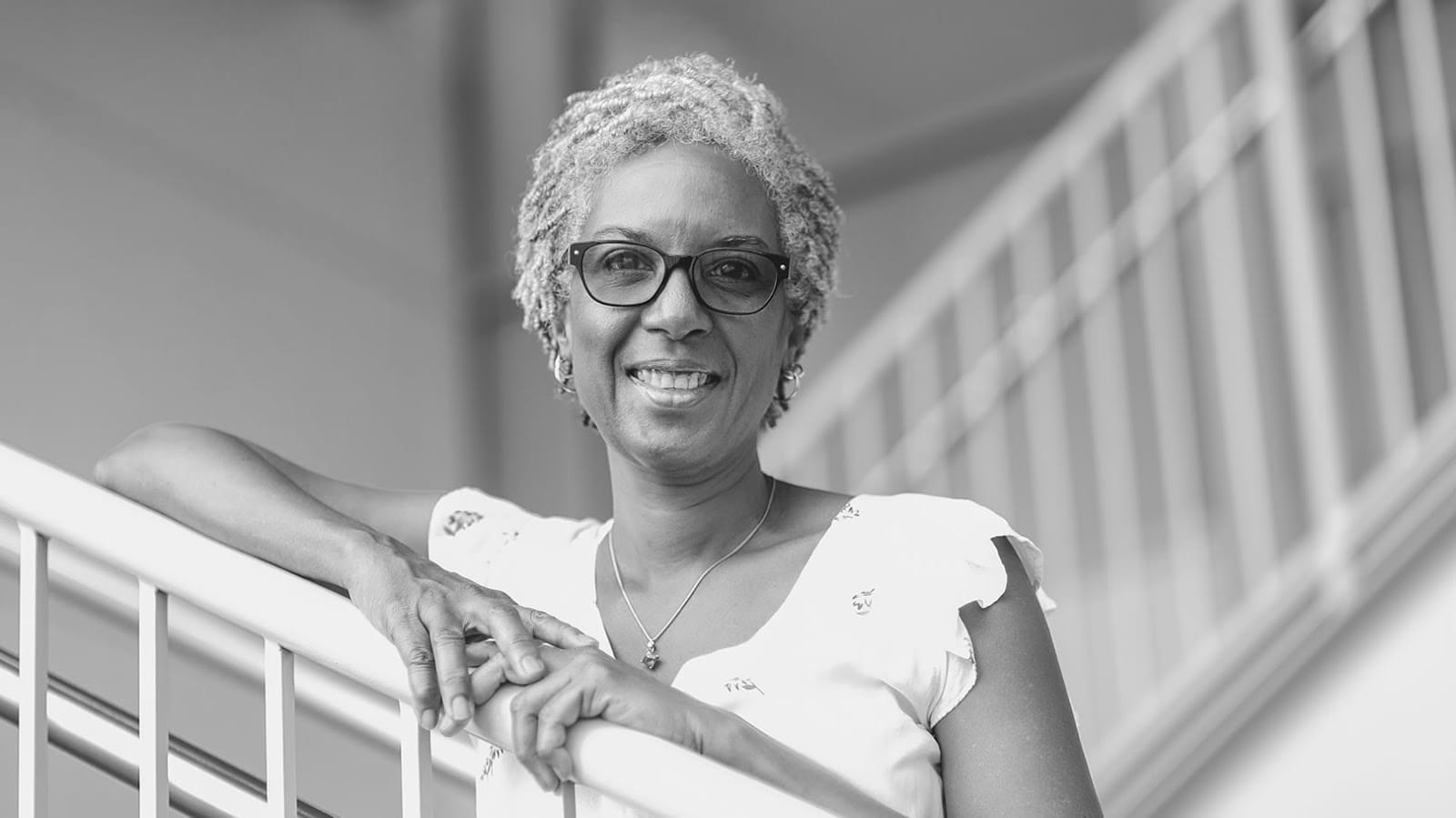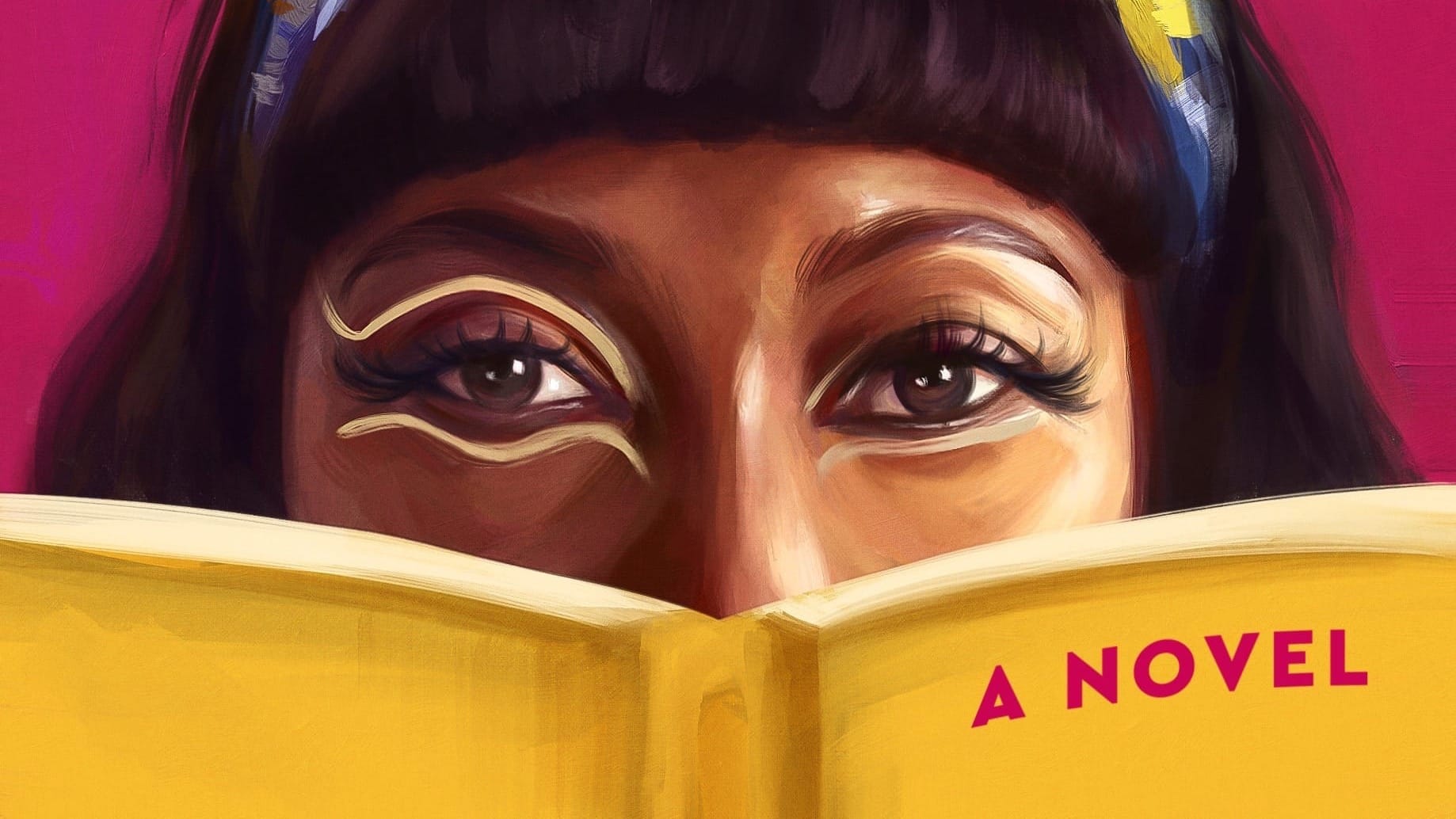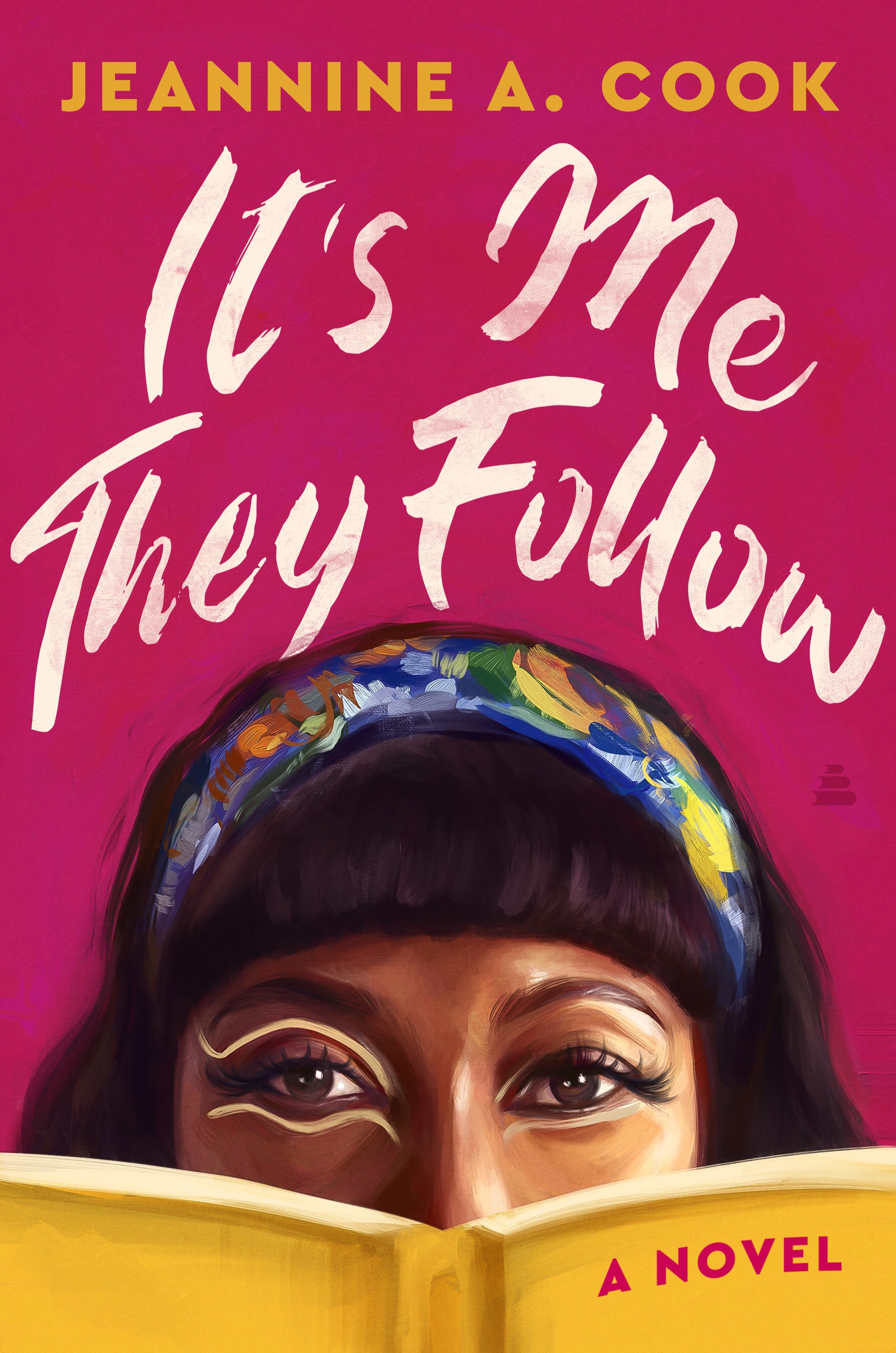Vernon Jordan III Is Reimagining Black Queer Cinema Through Love, Ghosts, and Lyricism
Vernon Jordan III—who also goes by Moonflower—doesn’t just make films. They build portals.
Vernon Jordan III—who also goes by Moonflower—doesn’t just make films. They build portals. The kind that lets you step inside a world shaped by jazz, family memory, queerness, and ritual. A world that feels familiar and unfamiliar at the same time. One where the future is soft, expressive, and deeply Black.
The Philly-born filmmaker, writer, and educator refers to Moonself as a “visual lyricist.” And honestly, there’s no better way to describe what Moon does. Their short film One Magenta Afternoon doesn’t follow a straight line—it riffs, bends, and hums. The story flows through a day in the life of a Black queer person surrounded by love, grief, and ghostly wisdom, using jazz as a narrative compass. It’s more invocation than exposition. Watching it, you feel like you’ve been invited into something sacred.
The film has screened at BlackStar, Outfest Fusion, the Pan African Film Festival, and other festivals that understand the power of a story told with care and depth. Moon is now expanding the piece into a feature, Lavender Boy, a project that landed them in the Outfest Screenwriting Lab. Like everything they create, it doesn’t just reflect identity—it plays with form, sound, and spirit in ways that stretch what Black cinema can be.
Outside of their own projects, Jordan moves through Philly’s film and arts ecosystem like a connector. As a former Assistant Director of Programs at cinéSPEAK, they helped curate experiences that center marginalized voices and spark real dialogue. Moon’s also taught film at the University of the Arts and Moore College of Art & Design, and led community-based storytelling workshops, treating education not as a one-way street but a mutual exchange.
Moonflower’s approach is rooted in care. Whether on set, in the classroom, or behind the scenes programming a screening, Moon brings the same energy: intentional, affirming, and open. That ethos earned them a 2023 Pew Fellowship and the 2022 Leeway Transformation Award, honors that reflect both their vision and their commitment to social impact.
And still, Moon stays writing. Their work has appeared in HuffPost, Black Youth Project, RaceBaitr, and Shade Literary Arts—spaces where Black and queer perspectives aren’t just included but centered. They’ve also done script reading for Sesame Street Writers’ Room and been recognized by Sundance’s Episodic Lab and Screencraft. If it involves story, Vernon’s likely touched it.
Moon studied Black voice and cultural studies at Muhlenberg, then got an MFA in screenwriting from Brooklyn College. That foundation—scholarly, experimental, and rooted in Black cultural memory—shows up in everything they make. But there’s also something Philly about it all. The honesty. The texture. The way they hold space for complexity without losing warmth.
Jordan’s films don’t preach or explain. They offer atmosphere. Feeling. A beat to walk into and sit with. And in a media landscape where representation can feel like a buzzword, their work reminds us what it looks like to create from love and lineage—not for trend, but for truth.
Still, Moonflower is clear-eyed about the realities of working as an independent artist. Recognition and accolades are validating, but they don’t pay the rent. "I’m still crowdfunded,” Moon said. “We’re in a recession. Artists are still fighting for basic needs.” For them, the true measure of success is deepening their practice, nurturing relationships, and making beautiful work with community.
That ethos shapes their creative and teaching practice alike. As a teaching artist, Moon has long believed in giving back. “My teachers and mentors modeled that dual path—artists who still came back to teach us,” they said. “Freedom Theatre trained us to give back. That stays with me.”
Moonflower also resists the pressure to constantly outdo their last project. “I'm not in competition with myself,” they shared. “I want my work to grow in depth, not just scale. I'm a haiku writer too—500 haikus and counting. You just get better by practicing. I don't want to cheat the now by comparing it to the last.”
Next up: a vampire movie, something Moon’s been writing since 2017. They’re also returning to acting, writing poetry, and open to directing music videos. “I’m vibing out—but always working.”
And when it comes to the future of Black queer cinema, Moon has a clear vision. “Decentralize Hollywood,” they said. “More funding, more distribution on our own terms. Screen in backyards. Throw artist cabarets. Build globally—from the Black South, to Haiti, to Kenya, to so many parts of the diaspora and the world.”
Their role? Keep making art. Help revive old films. Start local film festivals. Build community. Make space for more. “And keep reminding folks: you're freer than you think.”
